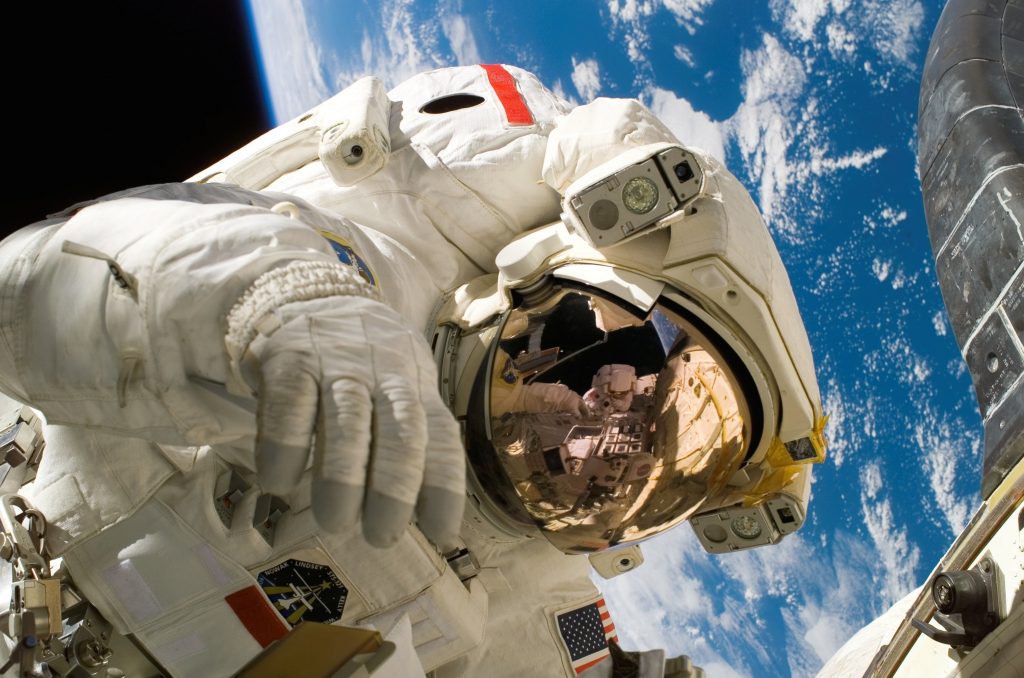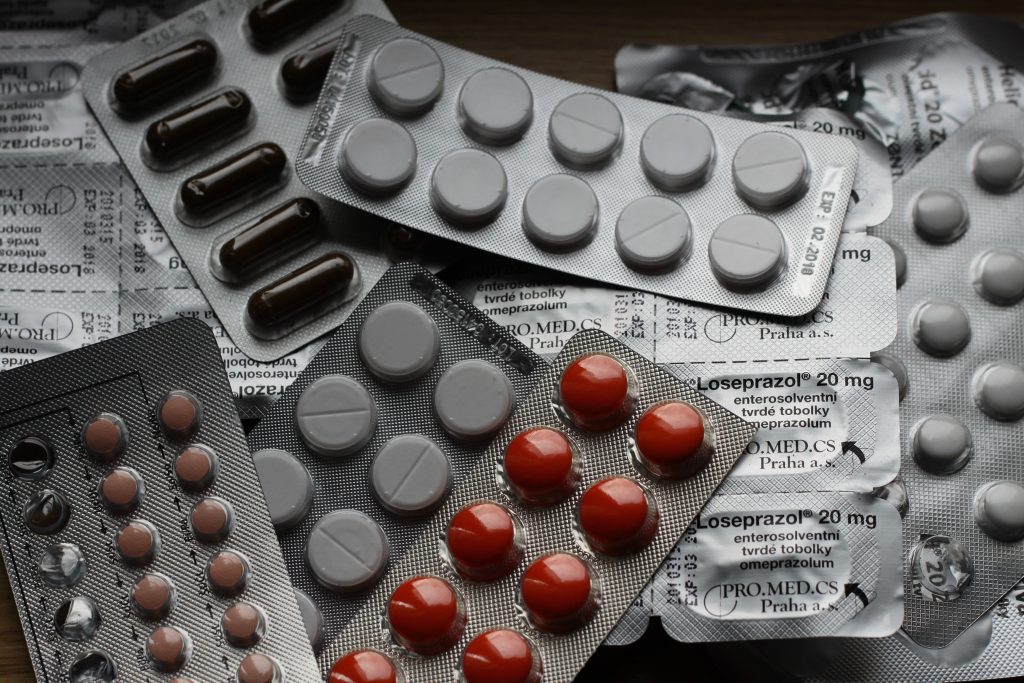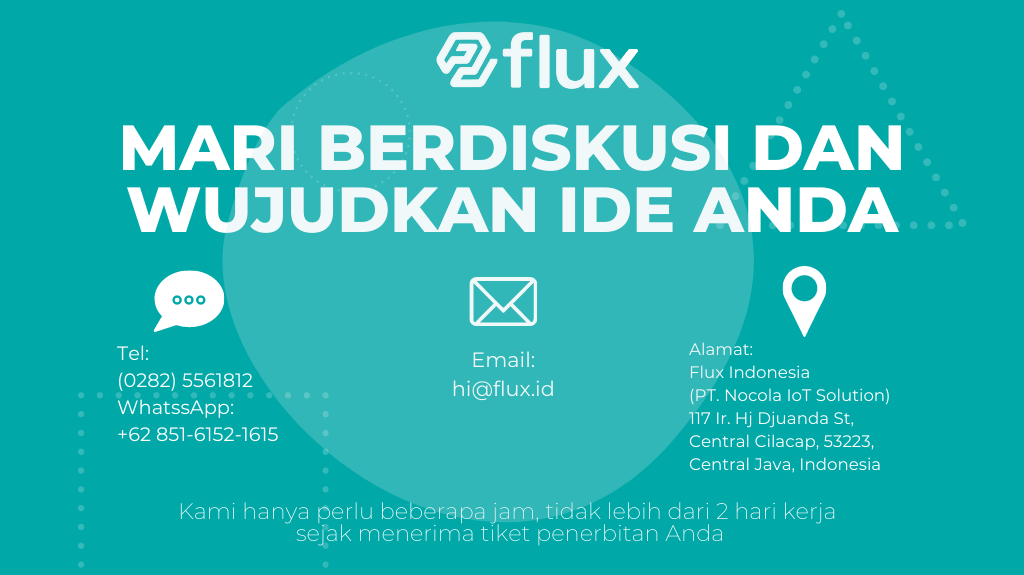Don't miss our holiday offer - 20% OFF!

Read also : Sensational IoT Sensors for Municipal Public Works Management
In today’s rapidly evolving digital era, the Internet of Things (IoT) has opened doors to revolutionary changes across various sectors, including healthcare. The utilization of IoT sensor technology in the realm of healthcare has unlocked limitless possibilities for patient monitoring and medical inventory management. This article will elucidate how IoT sensors are reshaping the way healthcare services operate, providing significant benefits in terms of efficiency, accuracy, and improved care.
Contents
The Sensation of IoT Sensors in Healthcare

Read also : Revitalisasi Infrastruktur Kota dengan Sensor IoT
IoT sensors are small devices capable of collecting data from their surroundings and transmitting it via the internet. In the healthcare domain, IoT sensors are employed to monitor patient conditions, medical equipment, and even hospital environments. Consequently, these sensors play a pivotal role in optimizing healthcare processes.
More Accurate and Real-Time Patient Monitoring

Read also : Behind the Scenes: How Humidity Sensors Contribute to More Efficient Smart Buildings
One of the most critical aspects of healthcare services is patient monitoring. With IoT sensors placed on patients, vital information such as blood pressure, heart rate, body temperature, and blood oxygen levels can be monitored in real-time. This enables medical professionals to identify significant changes in a patient’s condition promptly, allowing for faster and more precise care. Moreover, patients can also be monitored remotely, enabling them to return home earlier and reduce long-term care costs.
Efficient Medical Inventory Management

Read also : Smart and Efficient: Leveraging Motion Sensors for Energy-Efficient Buildings
Efficient medical inventory management systems are crucial for the smooth operation of hospitals and other healthcare facilities. IoT sensors facilitate the automation of inventory management, tracking the real-time availability of medications, medical devices, and other supplies. This reduces the risk of stock shortages or excess inventory, which can impact patient care. With more efficient inventory management, hospitals can allocate resources more effectively and save costs.
Conclusion
The utilization of IoT sensors in healthcare is one of the most significant innovations in the healthcare field today. IoT sensors enable more accurate and real-time patient monitoring, potentially saving lives and expediting recovery. Additionally, IoT sensors also aid in efficient medical inventory management, reducing operational costs and improving the availability of necessary medical equipment. As the technology of IoT sensors continues to evolve, we can be confident that healthcare services will continue to improve, providing better and more efficient care to the community. With judicious utilization, IoT sensors are the key to achieving a brighter future for healthcare.





